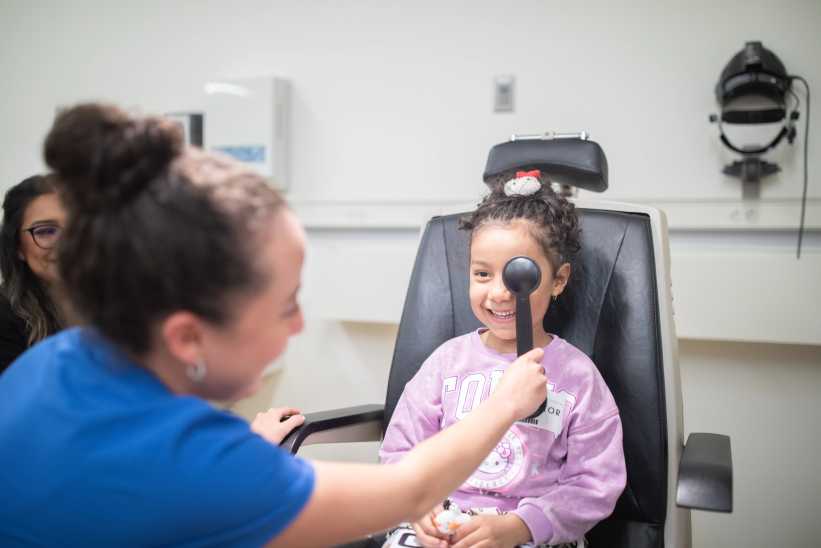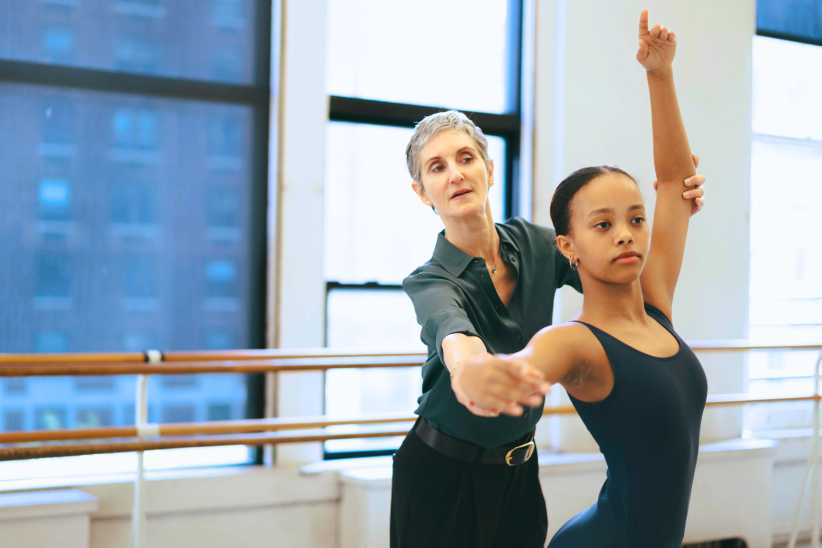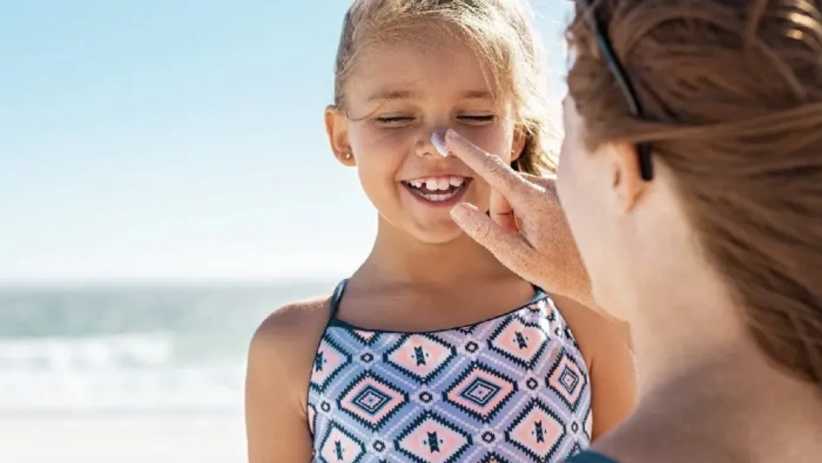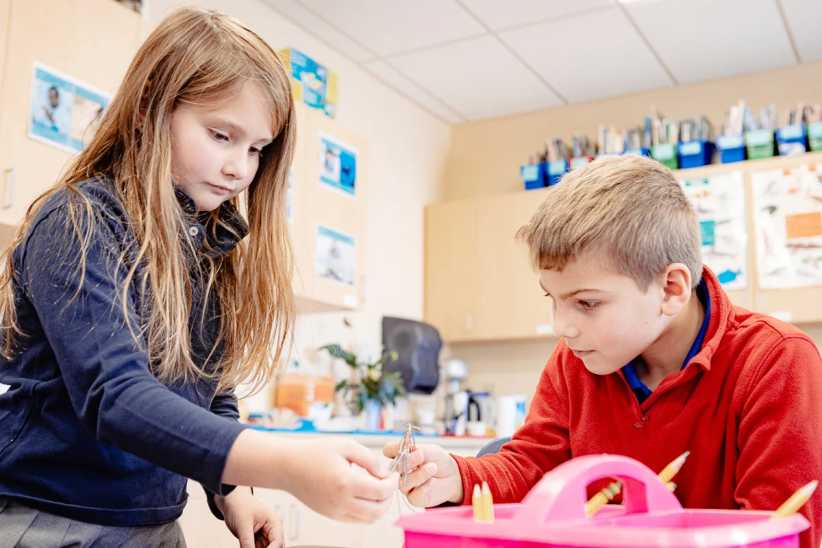
All parents want their kids to be safe, secure, and healthy. And for some parents, being healthy includes participating in sports. Playing sports is a great way for kids to get some exercise, boost their self-confidence, build leadership skills, learn how to handle adversity, and overcome obstacles. Unfortunately, with the increasing number of kids participating in sports, there’s also an increase in the rate of sports-related injuries. According to the Center for Disease Control and Prevention, “more than 2.6 million children 0-19 years old are treated in the emergency department each year for sports and recreation-related injuries.”
So how can you protect your child from sports-related injuries? For that answer and more, we turned to a leading expert in the field, Dr. Lee Kaplan. He’s an orthopedic surgeon specializing in sports medicine and the director of the University of Miami Sports Medicine Institute. Dr. Kaplan is also the team physician for the University of Miami Hurricanes and Miami Marlins.
What are the common types of sports injuries in kids and teens?
There are some differences between sports injuries in kids and teens. Unless there is a fracture, the majority of injuries in kids are from overuse. In teens, we see more ligament injuries to the elbow or knee, or dislocation of the shoulder from competing in contact sports.
Are there any injuries that are unique to certain sports?
Yes, you are more likely to see certain injuries in certain sports:
- Baseball: There are a lot of shoulder and elbow overuse injuries in baseball. We also see ligament injuries to the elbow from overthrowing and overpitching.
- Basketball: Basketball players primarily suffer from overuse injuries: the patella, tendinitis, or ligament injuries such as the ACL.
- Football: In football, the ACL and shoulder dislocation are probably the most common injuries, and concussion.
- Gymnastics: Gymnasts may suffer from acute knee and shoulder injuries. We don’t see as many overuse injuries in gymnastics.
- Soccer: The ACL is the most common we see, especially in young girls.
- Swimming: There are overuse injuries of the shoulder.
- Tennis: In tennis, players are more likely to suffer from overuse injuries of the shoulder.
What are some of the common causes of sports injuries in kids and teens?
Injuries can be sustained for a number of reasons, from overthrowing to planting a foot wrong. And many of the injuries are from overuse. Also, some are acute injuries such as ruptured ligaments or a fracture.
How can parents help prevent their children from getting injured while playing sports?
The first thing parents can do is to make sure their child has appropriate coaching, training, and rest. Second, follow the published guidelines on preventing overuse injuries. Parents can refer to the STOP Program and the Little League Baseball and USA Football guidelines for recommendations on preventing overuse injuries.
[gravityform id=”16″ title=”false” description=”false” ajax=”true”]
What can youngsters do while they are on the field or court to minimize their risk of getting injured?
Kids need to prepare to play their sport by following the safety and training guidelines. Before starting a new sport, make sure you’re following the conditioning and nutrition guidelines. Train to play, and then play hard. And have excellent coaching to ensure they are not asked to do too much too soon, which could result in an injury.
In the unfortunate situation a child gets injured, what should parents do?
If your child suffers a sports injury, take him/her to the pediatrician for an evaluation. If the pediatrician suspects an injury, get referred to the appropriate doctor for that specific injury. Your child will likely need care from a pediatric orthopedic specialist or sports medicine doctor. Make sure the specialist is an expert in the care of your child’s exact injury.
Do playing different sports rather than just specializing in one sport prevent or minimize injuries in kids? If so, how?
Some research has shown that cross-training across different sports can be beneficial to some athletes. This is because cross-training decreases overuse. When you play different sports, you use different muscles so there is not as much wear and tear on the body. Thus, they are not as likely to suffer overuse injuries.
Is there anything else you want our readers to know about sports injuries in kids?
Go to the appropriate physician if your child is hurt. Your child needs an expert familiar with his/her injury. Also, get your injured child on a training program and physical therapy to possibly prevent surgery. However, if it’s a traumatic injury, surgery may be necessary.
For more information on the University of Miami Sports Medicine Institute, visit uhealthsystem.com.























